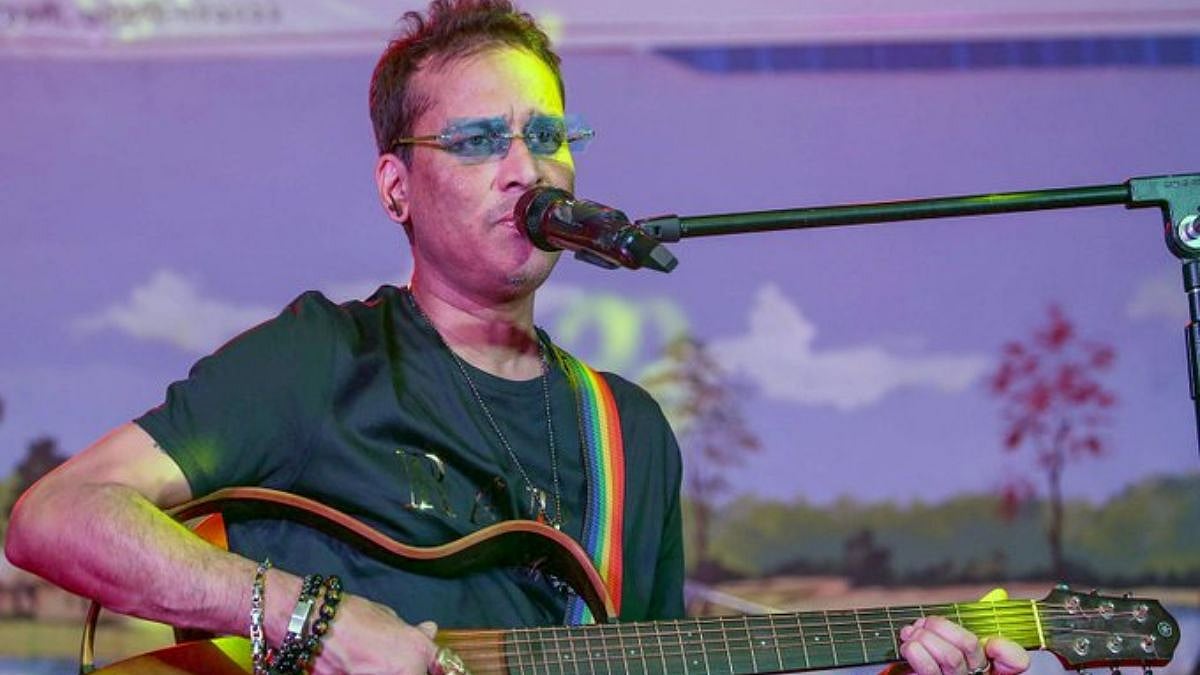Social researchers have long observed that we humans thrive and better themselves, by caring for others; that humans are a social species. But then, most of us are oblivious to or uncaring of the wisdom that’s in our ancient scriptures about social consciousness, which was long used for national and patriotic fervour as well.
We know, understand, but generally don’t translate into our behaviour, that our welfare and development is connected deeply with welfare of others around us. The relation and correlation between individual and the society is very close. Society does not exist independently without the individual. An individual also lives and acts within society, but for very few outliers. It is in the same society that he has to conform to norms, and be part of various sub-groups within that society. It is exactly why certain behaviour get shaped by the society, and vice versa.
It is indeed possible that individuals mimic those behaviours but not the values on which they are based. Social relationships have physical elements, including verbal cues, which acknowledge one another’s presence. One such phrase — “Take Care” — is such an easy one. Yet so very deceptive.
Intent, content & outcomes
“Take care”, usually used at the end of a conversation, has the meaning of goodbye. The recipient should feel that the person means what they say. In the past few years, this phrase has become more commonplace, and in regular usage. With two years of covid lockdown, we saw usage of this phrase increase. With frequent usage, and even in causal sense, it morphed to convey the meaning of “do take care and stay well”. Well, does it really ?
All living beings need care. Without care, growth gets impacted - be it for plants, animals or humans.
Care is about existence
Care is essential. Without it, children wouldn’t even make it to adulthood, patients wouldn’t recover, and societies wouldn’t thrive. Extending the thinking, “care” isn’t just for humans - If we don’t care for our nature, natural resources, they get messed up. If we don’t take care of our cities, villages, buildings and other infrastructure, they will collapse. We don’t take care of our planet, our subsequent generations will face extinction.
Care, as a concept is the mindset and the ability to put the interests of other people and things above our own. This assumes genuine interest in protecting, preserving, and building on all those which are valuable. This, by its nature, highlights things which are essential. But does our society, or do each of us individually, act sufficiently enough to mean that we truly care?
Care is both an idea and an ideal. Care is about hope, and about strengthening of bonds. It is renewal of trust. It is showcasing hope. Care-based relationships always involve a degree of dependence. Unfortunately, cultures that prioritise independence and autonomy often disapprove of depending on others. Care needs time. It needs nurturing. It needs healing. It needs adjustments and reshaping of ideals and ideas. It involves giving in, and not giving up. Care is the basis for love, for attachment, and for a sense of belonging. Without care, society as we know it would be impossible. One of the primary reasons why care doesn’t always get the attention it deserves is because it is a form of invisible labour. “Care” in a relationship is the toughest of them all. It cannot be quantified; its qualitative aspect cannot be judged. Stewardship, conservation, maintenance, repair — these are all forms of care.
Take care
But “take care” has also become such a casual word without a soul to its intent. People use it to show-off as it they care. When they really don’t mean what they say. Do we care for others? “Of course, we do,” most of us would respond.
With just a few exceptions, most of us establish our own circles of concern. They are indeed circles of varying degrees of relationships. Imagine us making circles within circles. At the core of those circles are those we love deeply — our children, parents, spouse and life-partners. A favourite sibling or cousin or a grandparent might also be in that circle. Sometimes it includes best friends, or that some special someone who was there when we needed them. The membership into these circles could also be very dynamic, in the sense, we replace members as they fall out of priority for us. Say a college mate or an office colleague or even an ex-flame. This only shows that we actually know where our emotional commitments are. We don’t often remember that our identities intermingles with our own. Most often, there is an associated identity with each other. Outside that inner most circle, lie the other circles of familiarity (people). Many of us have close friends, sometimes more closer to us than relatives. There are people from your club or sporting class, etc. then come other acquaintances who are in our daily lives — be it your friendly coffee barista or kiranawala, or your financial adviser.
There are people who are fundamental to our lives and others who have less importance. We may share personal information with wide categories of people on social media sites — or simply with a stranger seated beside us on a plane. That does not mean we are confused about whom we want with us in times that matter.
Hence when we say “take care”, we don’t mean it with the same intent and contextual usage to all of the above relations mentioned above. With each set of wider and distant circle of relationship that we have, the actual deeper meaning of the phrase “take care” weakens. It almost becomes “I don’t care, but you take care” by the time it reaches the farthest circle! Covid and its impact in 2020 and 2021 made many of us care and be aware of others. But with life coming back to normal, we have lost that empathy. We seem to care more for the “WhatsApp University” forwards, than for the actual messaging intent in those or for the people around.
When someone tells you “take care”, does it really mean that they care for that individual? It’s like saying good morning, when you don’t even see whom you are addressing, you don’t look them in the eye, or you don’t mean it. You simply say good morning as a habit, and as it’s become a routine of etiquette. Nothing more. It’s simply farcical. Probably even fashionable to show that you care.
The award for the phrase of the year 2022 goes to the phrase that’s widely used, but rarely means what it actually is about: Take Care.
On that note, well, take care…
Dr Srinath Sridharan is a corporate adviser and author of Time for Bharat. He tweets @ssmumbai









